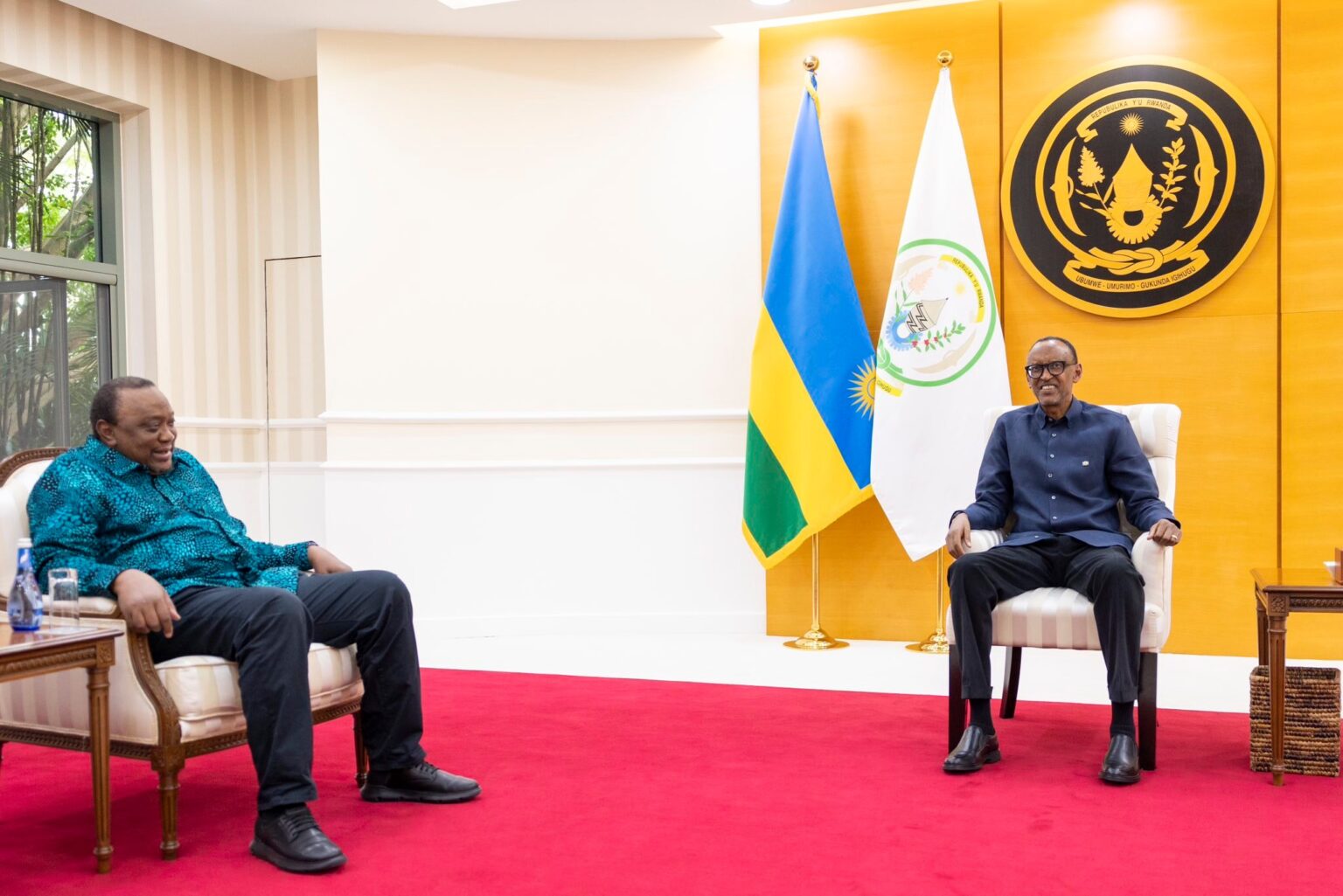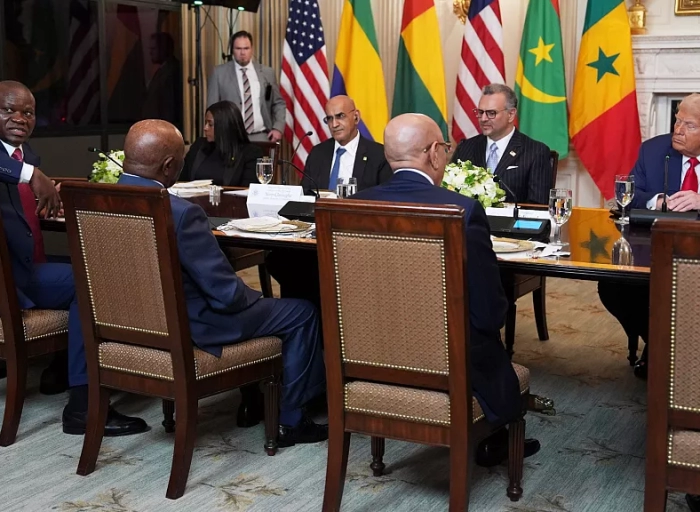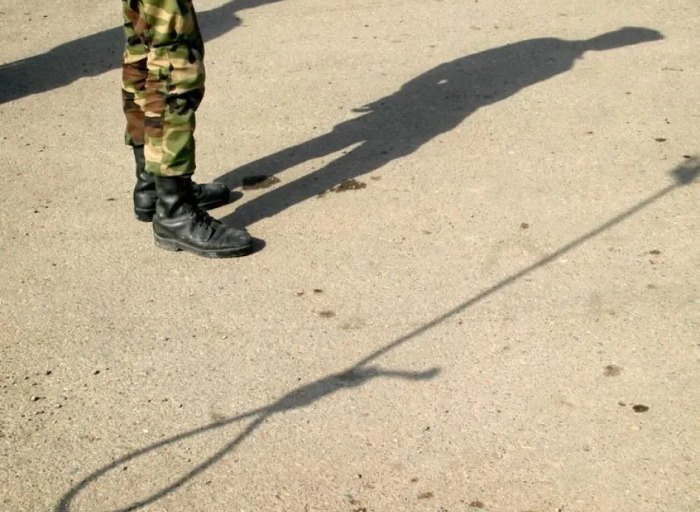Rwandan President Paul Kagame hosted former Kenyan President Uhuru Kenyatta at Urugwiro Village on Friday in a high-level meeting focused on advancing regional peace in the troubled eastern Democratic Republic of Congo (DRC).
Kenyatta, who serves as a facilitator for the DRC peace process under both the East African Community (EAC) and the Southern African Development Community (SADC), engaged Kagame in discussions aimed at sustaining recent diplomatic gains and addressing the deep-rooted causes of conflict in the region.
According to a statement from the Rwandan presidency, the talks centered on “ongoing efforts to achieve durable peace in eastern DRC,” underscoring the urgency of regional cooperation following the June 27 Washington peace deal.
The Washington agreement, brokered with substantial U.S. support, outlines steps for the disengagement, disarmament, and conditional integration of armed groups destabilizing eastern DRC. Though hailed by former U.S. President Donald Trump as a “glorious triumph,” the deal remains contentious, with limited public details and lingering distrust among key players.
At the core of tensions is the role of Rwanda, which has been accused of backing the M23 rebel movement—a charge Kigali denies. Rwanda maintains its estimated 7,000 troops in the DRC are there solely to counter the FDLR, a Hutu militia linked to the 1994 Rwandan genocide. Kigali accuses Kinshasa of covertly supporting the FDLR, claims the Congolese government refutes.
Diplomatic sensitivities were further tested when the draft agreement leaked prior to the official signing, prompting Rwandan Foreign Minister Olivier Nduhungirehe to condemn the breach. Additionally, debate over the wording of the agreement has fueled tensions—while Congolese officials insist it calls for the withdrawal of Rwandan troops, Kigali maintains that the term “disengagement” was intentionally chosen to provide flexibility in implementation.
Friday’s meeting between Kagame and Kenyatta is viewed as a strategic move to consolidate peace efforts and prevent the deal from unraveling. Despite both Rwanda and the DRC agreeing to continue negotiations, the path to lasting peace remains fraught.
The resurgence of the M23, which now holds sway over key cities like Goma and Bukavu, has displaced hundreds of thousands in its latest campaign, reviving fears of another humanitarian crisis and regional destabilization.
As diplomatic actors work to keep the peace process on track, the international community watches closely, hopeful yet cautious about the prospects for enduring stability in one of Africa’s most volatile regions.



